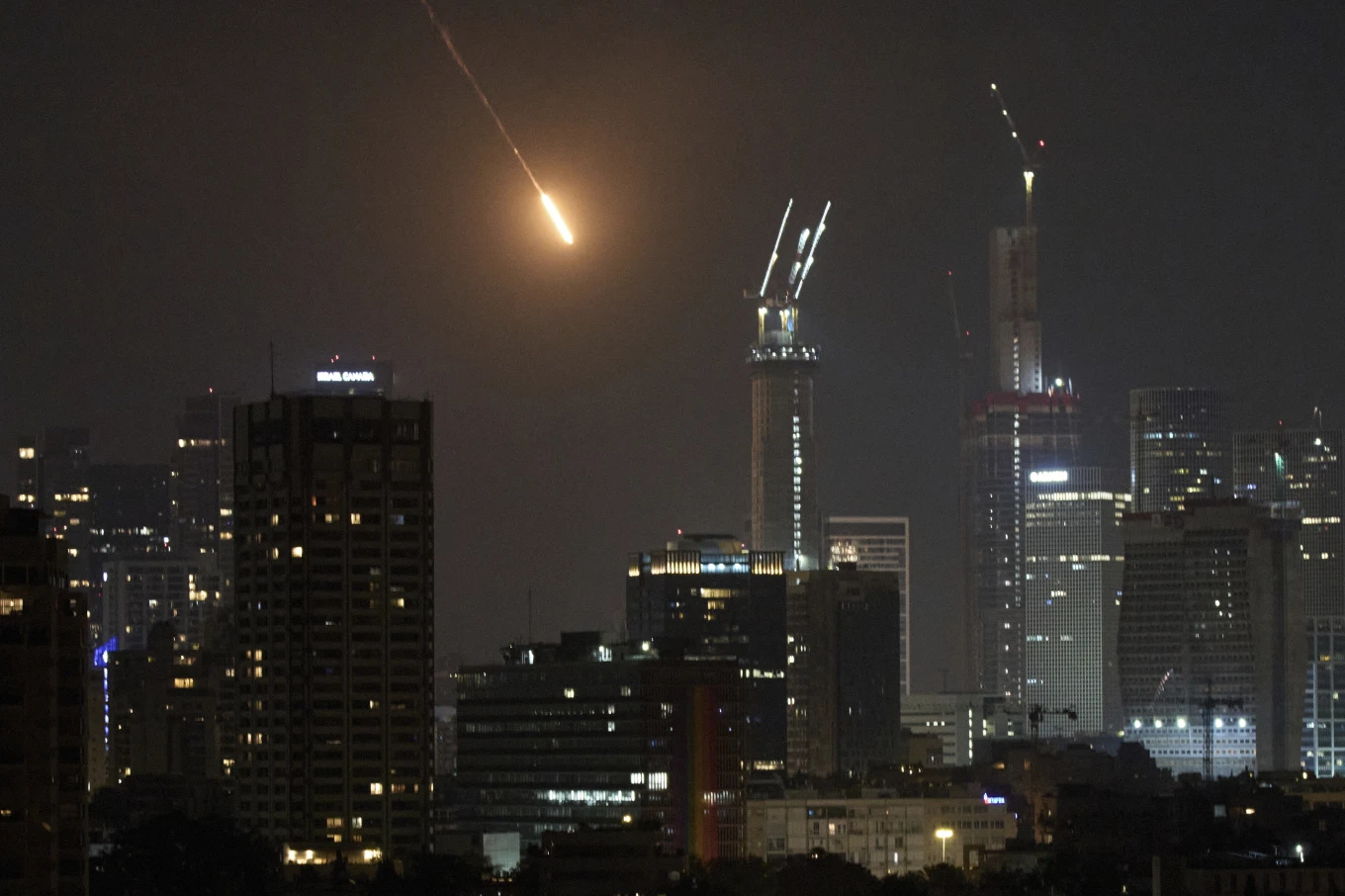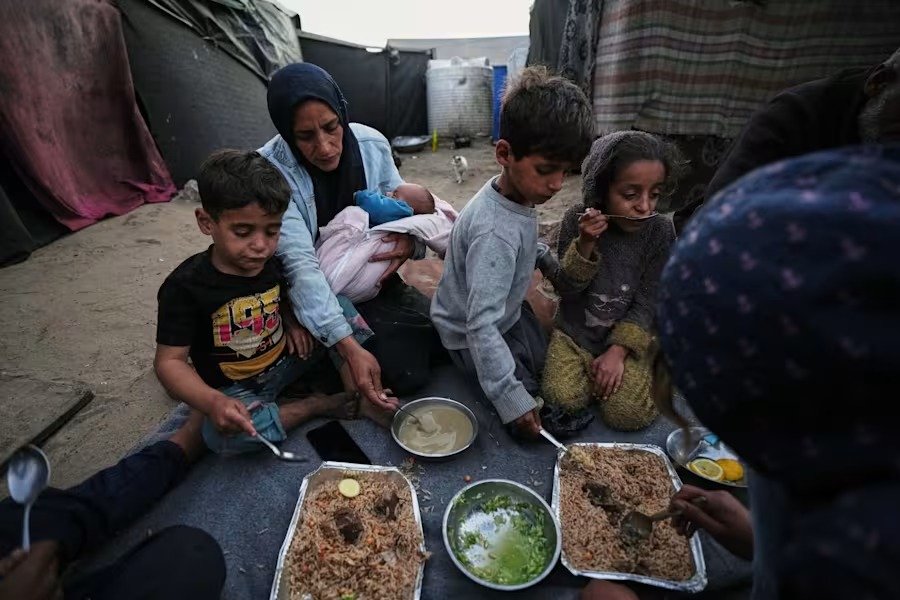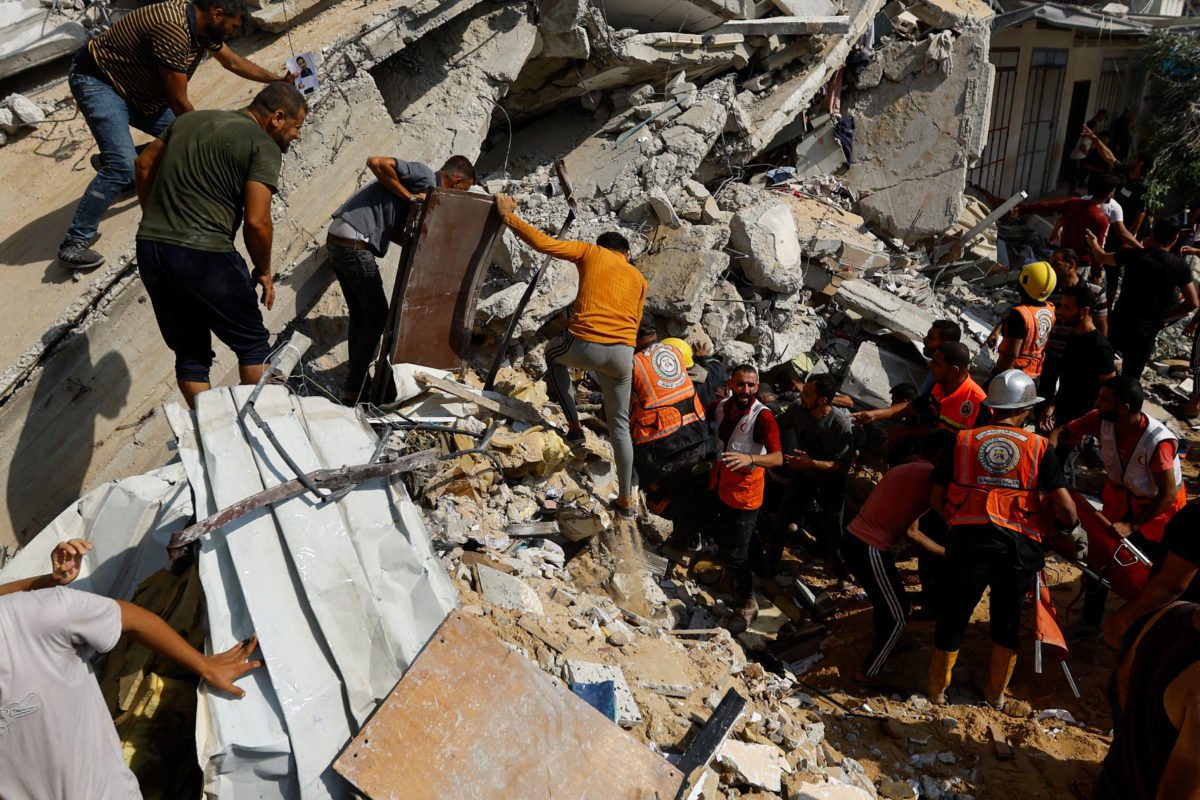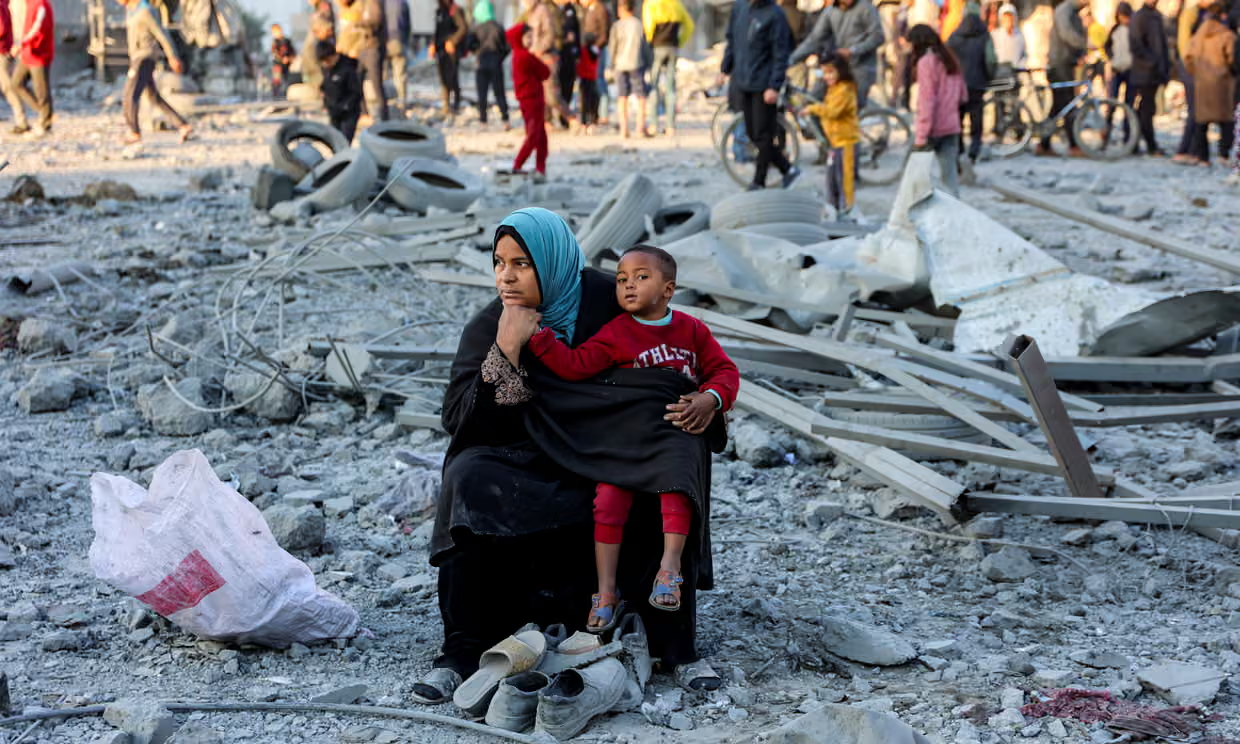Tension in the Middle East is once again rising. Despite an earlier ceasefire announcement by Donald Trump, new missile and drone attacks have shaken Israel and Iraq. The attacks began in the early hours of June 24. Iran launched missiles towards Israel, triggering emergency sirens across multiple cities. One of the missiles hit the southern Israeli city of Be’er Sheva, killing at least three people.
At the same time, several military bases in Iraq also came under attack. Drones hit the Imam Ali, Balad, and Taji bases, causing explosions and fire. According to Iraqi media, radar systems at these bases were the main targets.
Former U.S. President Donald Trump had recently stated that Iran and Israel had agreed to a ceasefire through his mediation. In a social media post, Trump claimed that both sides wanted peace and had approached him for help. He described the ceasefire as a blessing not only for the Middle East but for the entire world.
However, just hours after that announcement, the situation changed rapidly. The Israeli military confirmed that multiple missiles were fired from Iran. According to them, this was the second strike by Iran after the ceasefire claim. Soon after the second strike, Iran launched a third wave of missile attacks. Israeli forces responded by directing civilians to take shelter several times during the day.
In Iraq, the attacks also shocked many. The three targeted military bases are key to the country’s defense system. No group has claimed responsibility for the drone strikes. Still, many experts believe these attacks are linked to the ongoing rivalry between Iran and the United States.
The pattern and timing of the attacks point towards a strategic move, possibly to send a message. While Iran has not officially admitted involvement in the Iraq strikes, it has not denied it either.
Adding to the confusion, Iran’s Foreign Minister Abbas Araghchi said that Iran had not agreed to any ceasefire. He stated that Iran was willing to stop attacking only if Israel halted its military actions. On one hand, Iran speaks about peace. On the other hand, it continues to show military strength through missile launches.
This dual strategy casts doubt on Trump’s claim of a successful peace deal. It also raises concerns about the real intentions of the involved parties. The missile strikes have sparked fear across the region. Countries like Qatar and others are now closely monitoring the growing tension.
Experts say the situation may get worse before it gets better. There is still no clear sign of a return to full-scale negotiations. If things continue as they are, the region may see even larger conflicts in the coming days.
For now, both Israel and Iran remain on high alert. The people of Iraq also face uncertainty as their land becomes part of a wider power struggle. The Middle East is once again at a turning point. Whether it will lead to peace or more war is still unknown.







